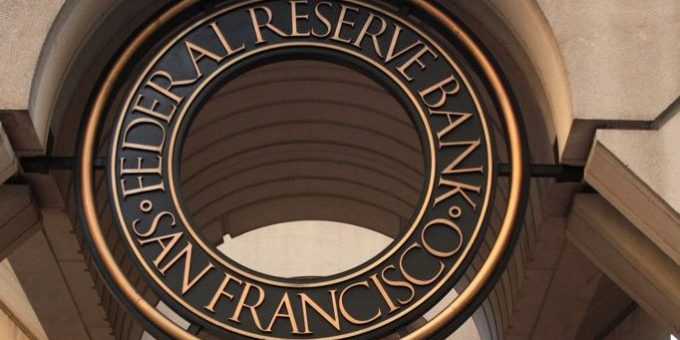
The public, or frontstage, construction of financial crises can leave the Federal Reserve waiting in the wings. Don McCullough, Flickr CC.
behind the scenes of financial crises
From the Dotcom bubble of 1999 to the 2008 global recession and the Silicon Valley Bank run of 2023, financial crises have had an immense impact on our lives as citizens and consumers. Surprisingly, though, they continue to occur with few changes in the ways regulatory bodies respond case to case, even when the crisis is a result of rule evasion. The cynical among us might point to outsized corporate influence and regulatory incapability as the primary causes of regulatory inaction. Historical sociologist Pierre-Christian Fink instead uses the financial crisis of 1974 to offer a uniquely sociological explanation for why the financial crisis-management playbook never seems to change.
Published in the American Sociological Review, Fink’s study stands out by moving beyond analysis of public statements from regulators and corporations to consider recently released historical records from the Federal Reserve. This enables an understanding of how the crisis is constructed publicly, in the “frontstage,” and privately, in the “backstage” between financial institutions and regulators. In their response to the 1974 financial crisis, the Federal Reserve chose to present the crisis to the public, Congress, and the press as an issue of existing rules, not one of rule-evasion. This construction of the problem in the frontstage in turn limited the potential range of backstage responses, as any new regulatory approaches aimed at curtailing evasion would not match with the public definition of the crisis. In this sense, the Federal Reserve was caught between frontstage and the backstage constructions of the crisis, unable to enact novel policy interventions.
While sociologists have long used this type of dramaturgical metaphor to describe interactions between individuals, Fink’s study shows how the dynamic plays out between organizations and institutions. This understanding is particularly salient in understanding how governments, regulators, and the public come to understand, define, and respond to crises. Without broad institutional agreement on malfeasance, there’s little chance of the coordinated, adequate, and consensus-based response needed to prevent similar crises from happening again.
